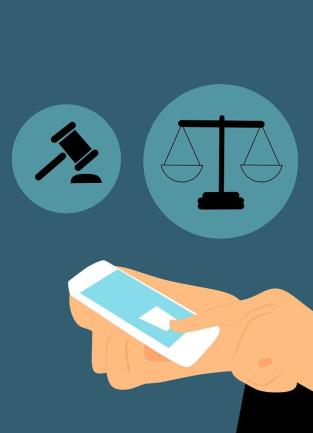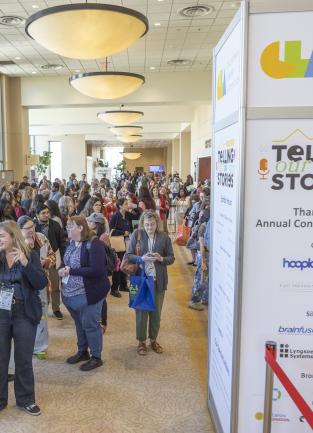SCALL Institute review: Legal Ethics in Legal Research

March 27, 2020
SCALL (Southern California Association of Law Libraries) Institute review: Legal Ethics in Legal Research
Using ethics to provide access to justice
This year’s SCALL Institute was on legal ethics in legal research, a topic that hasn’t been the focus of the Institute in 20 years. Discussions on ethics seem to bring up more questions than answers for navigating the “gray” areas of service and duty to the public, but I feel the Institute provided information that would allow us to make informed and ethical decisions in our workplaces. There was robust discussion in the question and answers section after each presentation, which helped put the information presented in perspective.
The presentations started by laying the groundwork for legal ethics and putting it in context within the greater societal changes, the role of a lawyer, and ethics as a system. Two things stood out for me: 1) “truth decay,” which speaks to the blurring line of opinions and facts that discredits facts and 2) the lawyer’s role is to instill confidence in the law, and truth decay makes this harder. We reviewed sources that establish ethics within the legal community (American Bar Association and American Association of Law Libraries) and discussed the differences between internalized norms and external regulation.
Once the groundwork was laid, we moved into legal ethics in both public and law firm settings. The presentations started on how we research issues and assist with investigations. The discussion on using social media for investigations generated debate on what were considered legal and ethical ways to view public profiles and being aware of auto-notification features on some social media sites. The next day, we moved into ethical issues that we face in public law libraries, particularly the privacy of the services we provide and the materials we have with patron information such as the circulation records. I found it helpful to learn what steps to take when an outside organization requests for patron information, as this happened a few times while I worked at a public city library. Knowing what I can and cannot provide and the documents I need in order to provide information is something I foresee I will need in the future.
The presentations ended with broader topics than public law library service, focusing on teaching and entering into contracts with third parties. The observation that law students have an expectation to type a term into a search box and get a result is one I encounter in working the reference desk. It was helpful to understand what the patron’s (or student’s) expectation is, and know how to use that moment to educate on how to conduct research. Contracts can be daunting, and the panel exposed me to a lot of nuances I never thought about or would even consider in writing a contract. I appreciated the audience participation, bringing up changing technologies that make a section of the contract moot (requiring articles to only be faxed!) and issues with deciphering usage reports.
The SCALL Institute was a great opportunity for me to meet others in law libraries, as I am new to the field. It also provided a broader scope of what law librarians are encountering in different law library settings, and how the field is moving forward amidst changes in search methods and behavioral patterns, perceptions of facts, and expectations of libraries in the community.
Written by: Jenna Pontious, Public Services Librarian











